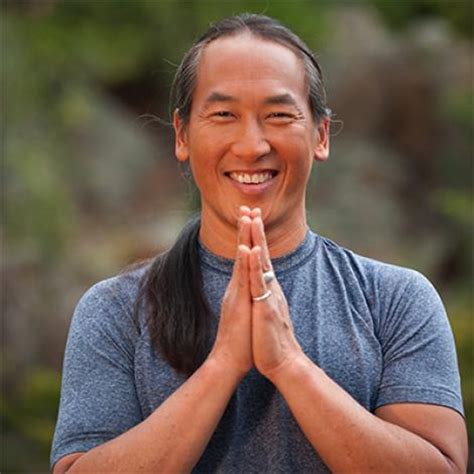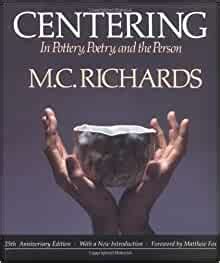A Quote by Sue Thoele
Deep listening is miraculous for both listener and speaker. When someone receives us with open- hearted, non-judging, intensely interested listening, our spirits expand.
Related Quotes
Become better listeners. Practice the art of listening in everything you do. Not just listening to yourself and your body, but listening to the people around you, listening to the plant world, the animal world. Really open your ears to what's coming at you. From there, see if you can have the ability to respond instead of react. And that usually comes with listening. If the observation and the listening are deep, then your action will be deep also.
Deep Listening is listening in every possible way to everything possible to hear no matter what you are doing. Such intense listening includes the sounds of daily life, of nature, or one's own thoughts as well as musical sounds. Deep Listening represents a heightened state of awareness and connects to all that there is. As a composer I make my music through Deep Listening
Since true listening involves a setting aside of the self, it also temporarily involves a total acceptance of the others. Sensing this acceptance, the speaker will feel less and less vulnerable, and more and more inclined to open up the inner recesses of his or her mind to the listener. As this happens, speaker and listener begin to appreciate each other more and more, and the dance of love is begun again.
I want to write about the great and powerful thing that listening is. And how we forget it. And how we don't listen to our children, or those we love. And least of all - which is so important, too - to those we do not love. But we should. Because listening is a magnetic and strange thing, a creative force...When we are listened to, it creates us, makes us unfold and expand. Ideas actually begin to grow within us and come to life.
And with listening, too, it seems to me, it is not the ear that hears, it is not the physical organ that performs the act of inner receptivity. It is the total person who hears. Sometimes the skin seems to be the best listener, as it prickles and thrills, say to a sound or a silence; or the fantasy, the imagination: how it bursts into inner pictures as it listens and then responds by pressing its language, its forms, into the listening clay. To be open to what we hear, to be open in what we say. .
"Acoustic ecologist" is basically a fancy name for someone who tries to become a better listener. Not just listening to those thoughts, ideas, and productions of human intention, but listening to places - whether it's an urban environment, residential, industrial, or even the farthest corner of the world, in one of our last great quiet places where we can listen to the pure sounds of nature without any human-caused noise intrusions.
Deep Listening is listening to everything all the time, and reminding yourself when you're not. But going below the surface too, it's an active process. It's not passive. I mean hearing is passive in that soundwaves hinge upon the eardrum. You can do both. You can focus and be receptive to your surroundings. If you're tuned out, then you're not in contact with your surroundings. You have to process what you hear. Hearing and listening are not the same thing.
































